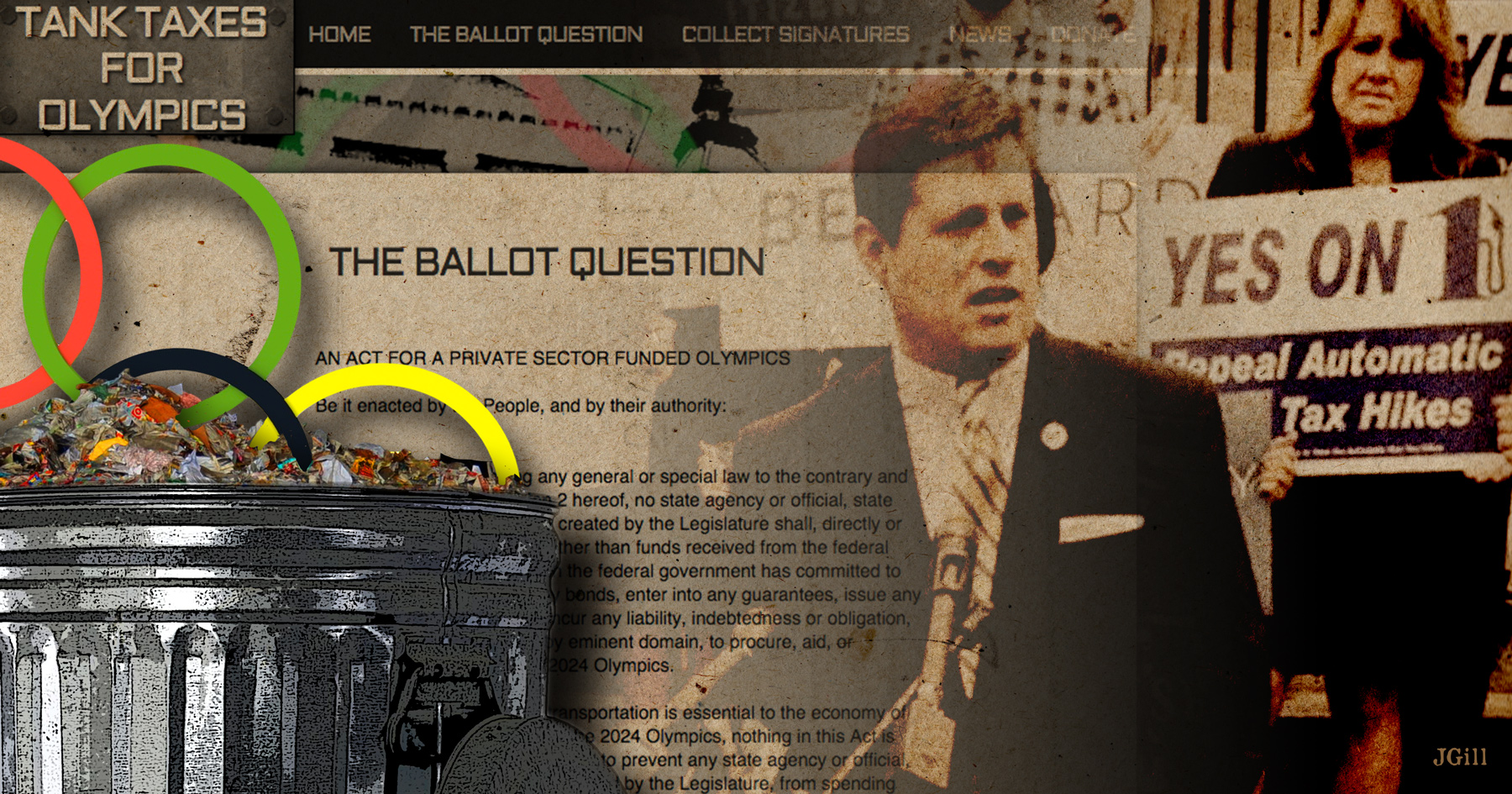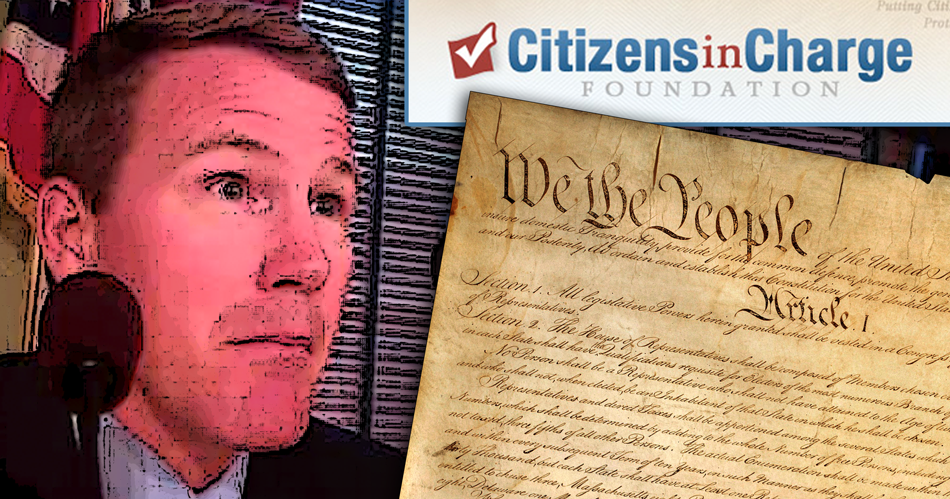The 2024 Summer Olympics will not be held in Boston.
Beantown abandoned its bid to host the games after Mayor Marty Walsh refused to sign a contract that would have left the city responsible for billions in possible cost overruns.
Did I say possible?
Call it seemingly inevitable.
“I cannot commit to putting the taxpayers at risk,” declared Walsh.
People throughout the Bay State can now rest easy — no tax hike or debt burden to build expensive infrastructure . . . and produce bigger traffic jams. Of course, polls had long shown voters opposed to the idea. But that doesn’t matter to career politicians. Nor to the mayor — until recently.
Mayor Walsh’s deep concern for taxpayers notwithstanding, citizen activism made the difference. A month ago, the Yes on 1 committee joined together with Evan Falchuk, chairman of Citizens for a Say, in supporting a ballot measure to prohibit spending any tax dollars on the Olympics.
Last year, I worked with Yes on 1 — led by Steve Aylward, Rep. Geoff Diehl, Marty Lamb and Rep. Shaunna O’Connell — to pass Question 1, ending automatic gas tax increases in Massachusetts. Olympic officials had been assured a ballot measure was unlikely to get in the way; then came the Yes on 1 folks with the know-how to petition just such a measure onto the ballot.
Walsh claimed this opposition had nothing to do with his decision, calling them “about ten people on Twitter and a couple people out there who are constantly feeding the drumbeat.”
Dancing to a different drummer, Mr. Mayor.
Bostonians can thank the state’s ballot initiative process, which provides a way for the people to be heard. And, of course, citizen leaders who take the initiative.
This is Common Sense. I’m Paul Jacob.










